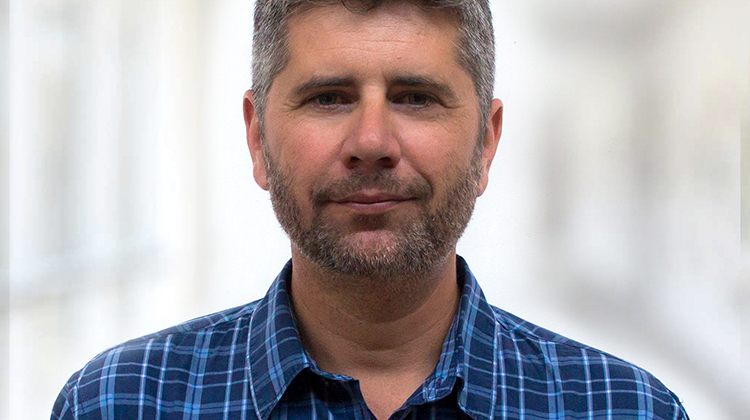Git(Hub) on board for industry standard STEM experiences

Everyone seems to agree that we should be teaching STEM, but how it should be taught is less clear, despite it being quite a while since STEM became a thing.
Schools have come up with lots of different ways to engage with STEM, or is it STEAM? The questions remain; is it a stand-alone subject, is it adjacent to other maths, technology and science subjects, is it about making connections, is it about making, is there an industry component, how do you do that?...
A phrase that’s often linked to STEM is ‘jobs of the future’ and maybe there should be a career and industry focus to teaching STEM. Industry is very interested and has strong opinions on the area, after all they have a vested interest in the next generation of technologists, scientists and engineers.
One industry member that is keenly observing the outcomes of STEM teaching is GitHub, the code library and collaboration platform. Thousands of programmers use it daily to make and share code and it’s open to anyone that’s interested.
Sam Hunt, VP of APAC GitHub wants schools to get aboard, reasoning that there are authentic, absolutely industry standard experiences to be accessed and a rich, well-resourced education component waiting for schools to use it.
He says given the breakneck speed of technology and coding development, traditional approaches to teaching STEM may be futile, better to have students familiarise themselves with the way industry does things every day.
“Curriculum is not something that needs to be written, to an extent, it’s something that needs to be tapped into. It is readily available through industry and it moves so fast that writing it isn’t safe because trends change, approaches change.”
Hunt says relying on industry is best because it ensures what works is made available to schools which makes for better outcomes.
“This is absolutely the way forward, particularly for Australia’s future STEM initiatives and aspirations, any school that is embracing and adopting the free education program that GitHub offers is doing STEM well.”
There are around 100 million repositories on the site but the best place to start is with something fun like MagicAntics which let you cast spells in Minecraft and add spell books.
Educators logging on to education.github.com will find the education forum which is global and offers a taste of the collaborative, international way code is created.
“Development of code is not regional anymore, it is something that is relevant at a global stage, anything that goes through that forum is available. It’s not just about writing code it’s about ‘how do I work with someone on a project?’ and delivering outcomes,” Hunt says.
Educators get full access to all the GitHub enterprise products, they have access to secure GitHub spaces and access to asynchronous collaboration between students and students, teachers and teachers and students and teachers via the education forum.
“What I love about that forum is that once you have consumed from it you're likely going to be a contributor to it as well, and that grows the community, which is great. We want the Australian education community to branch out more broadly and connect with global initiatives.
“The soft skills are important to figuring out the value of technology and how to work in the technology industry,” Hunt says.
GitHub open sources all of its education and training programs as well, there is a rundown of how to use the Github platform and the education component offers support at a distance for students to learn programming languages.
“We have a lot more coverage and uptake of the education program in Asia than we do in Australia, but I’m confident we will see more this year and that has a lot to do with the shift to virtual learning. You look at South East Asia, if a school sees a resource and it is free they’re going to connect to it.
“The reality is if you have students who are interested in tech and interested in coding and innovation, odds are they have already created an account on Github. If you Google ‘where to learn code’ GitHub will come up, it’s the home of how to learn how to code and work as a developer. Embracing that is really important,” Hunt says.